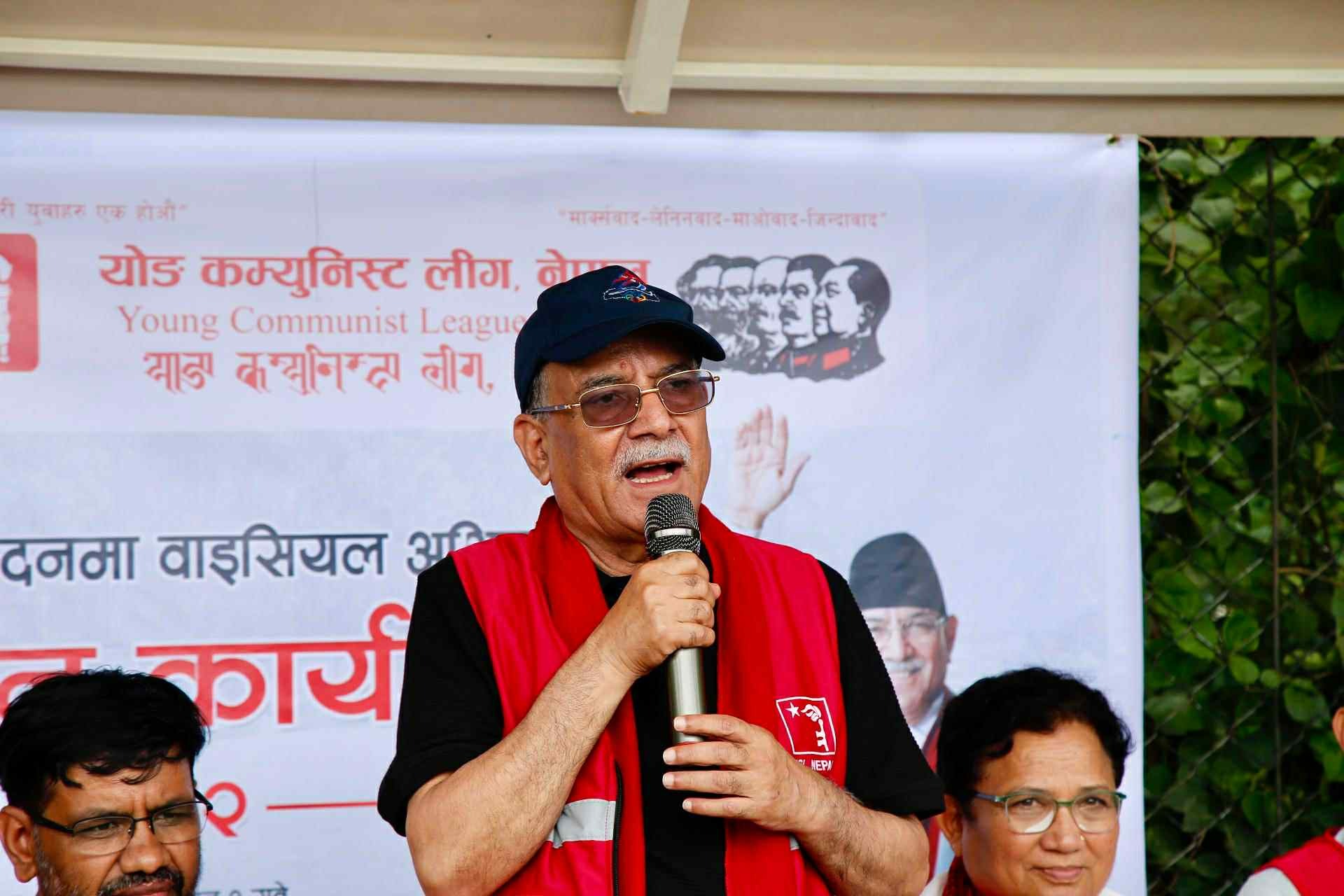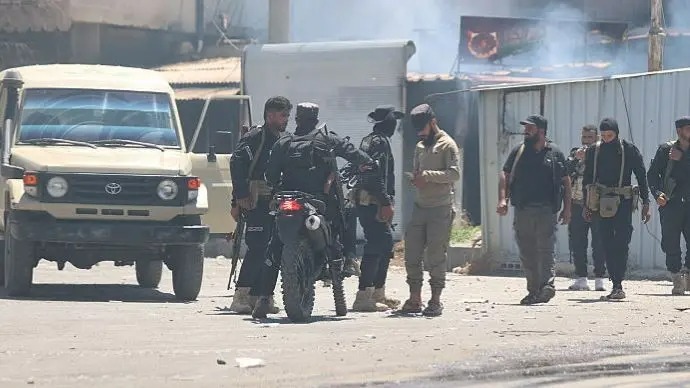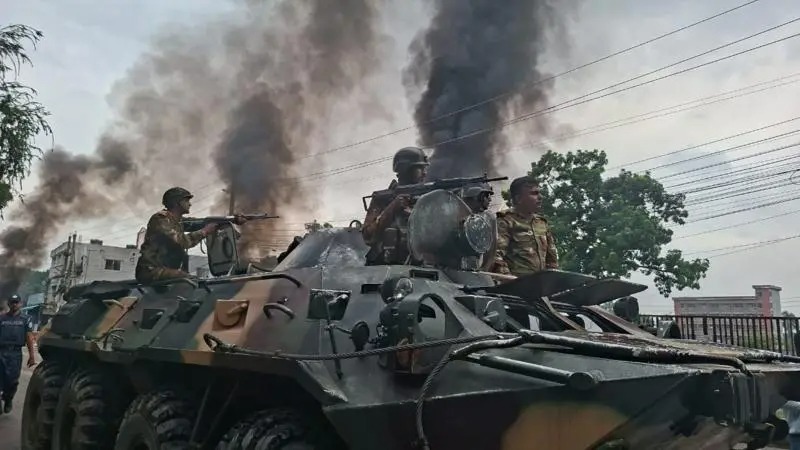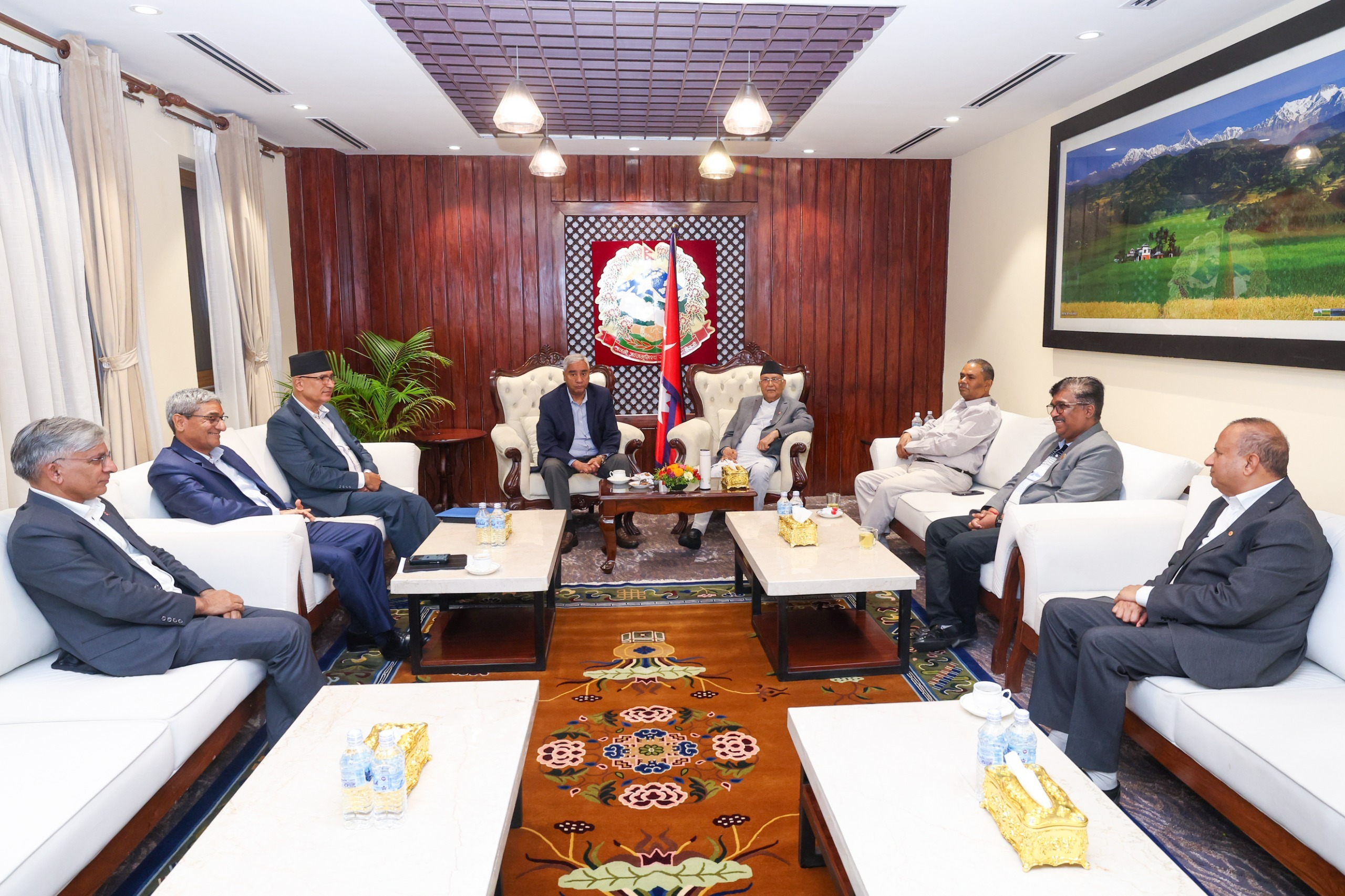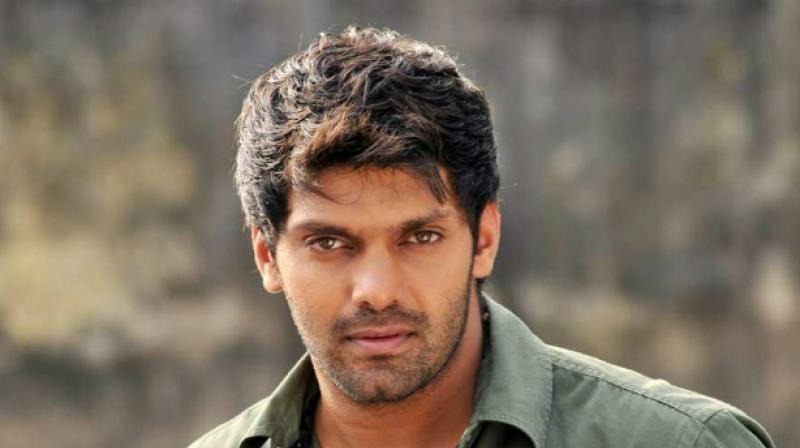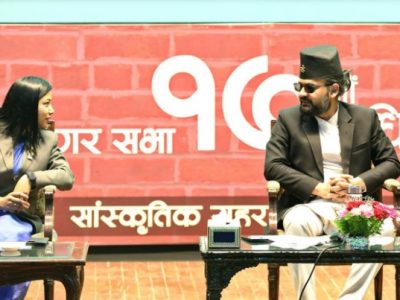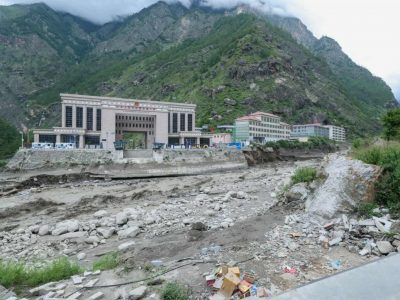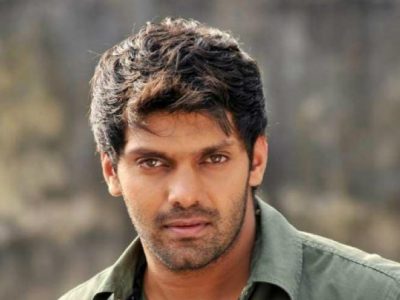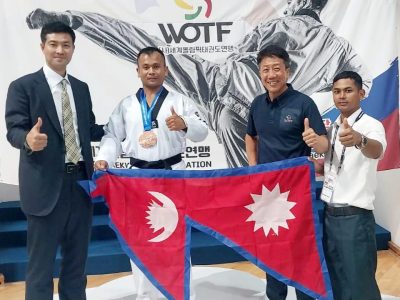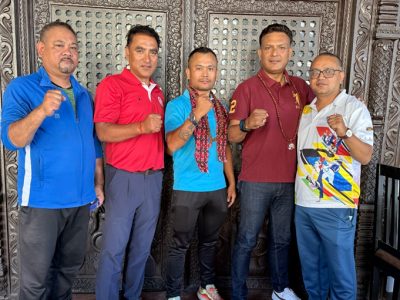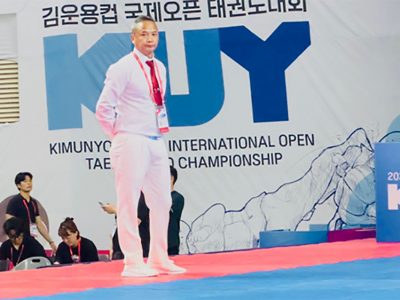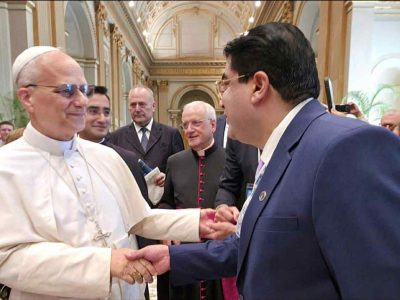Dwarkanath Kotnis: The Indian Doctor celebrated by China
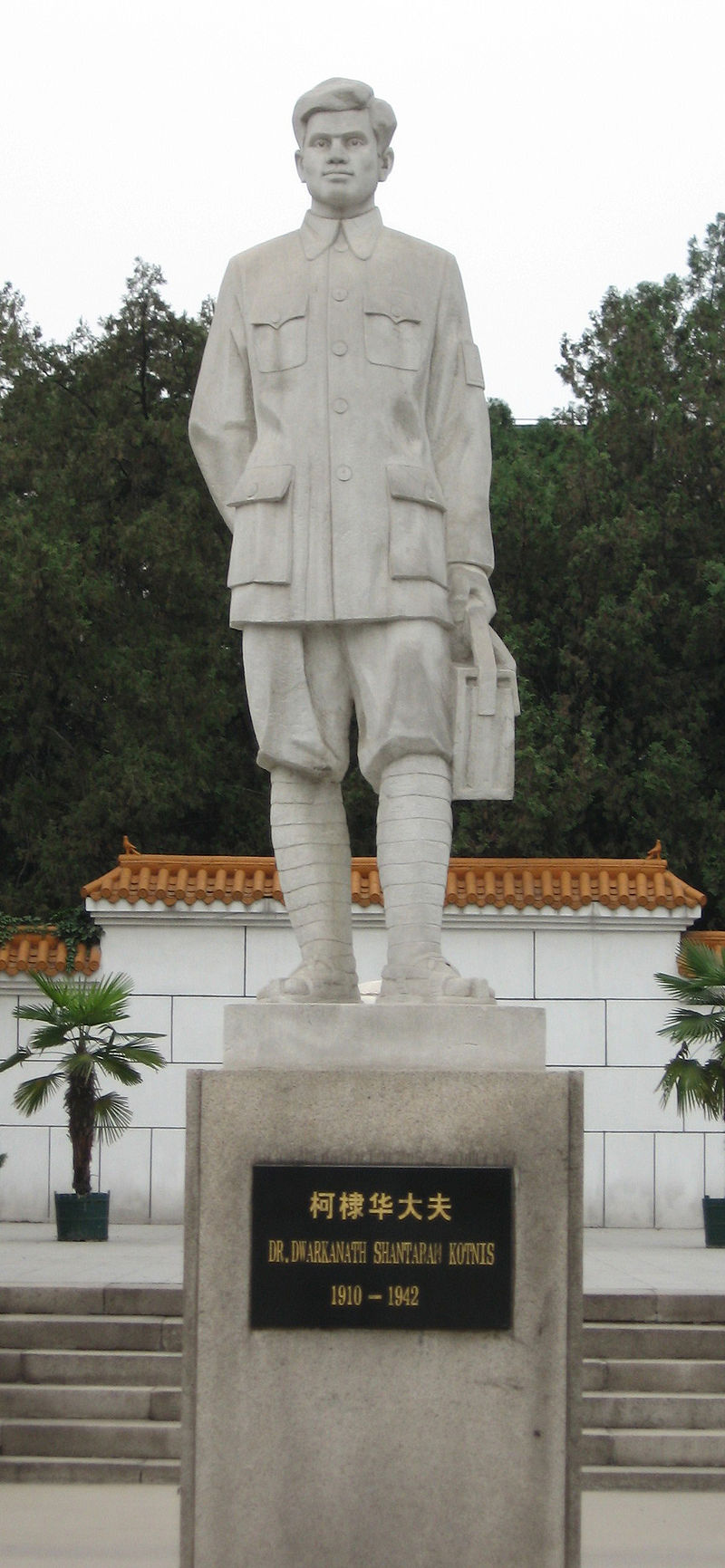
A statue of Dwarkanath Kotnis in Shijiazhuang Hebei, China. Image Credit: David Chen, September, 11, 2007.
Kathmandu. The past few months have been marked by reports of India and China being at odds with each other. The Line of Actual Control (LAC) that has been the staging ground for the military stand-off between the states has had the region churning with apprehension, and the global actors focusing in on the rising tensions. On Sunday, however, a Chinese institute invited Indian and Chinese university students to commemorate the achievements and life of Doctor Dwarkanath Shantaram Kotnis on the event of his 110th birthday. Kotnis, who passed away during the Sino-Japanese conflict of 1942, had landed in China to assist Chinese soldiers, along with four more doctors in 1938. As a mark of respect, a bronze statue has also been erected in his honor, and was unveiled at a medical school at Shijiazhuang on September.
In 1937, a Chinese commander-in-chief, Zhu De, at the behest of an American journalist had penned a letter to the Indian Prime Minister, Jawaharlal Nehru requesting medical aid in the face of the massive casualties caused by the war. Expressing gratitude towards Nehru for the previous support in the “anti-Japanese struggle,” the letter was well-received by the Prime Minister and he decided to send a medical team to China, that included the 28-year-old Dr. Kotnis. He served in the field, treating the wounded soldiers to the point of physical and mental exhaustion. He passed away during his service at the age of 32, having suffered a severe epileptic episode, leaving a family that he had formed there, and the entire Tang county, where he was last stationed, in grief.
His wife, who was a Chinese citizen, and his colleague, reminisced, “the Shansi-Qahar-Hebei Military Region convened a mourning ceremony at the southern square of Ge Gong village. There was an ocean of people inside and outside the square. People from Shennan, Shenbei, Niangzishen Doufu, and other neighbouring villages walked to the mourning ground, wailing and weeping. Some of the countryfolk were even stamping the earth and crying bitterly. People had never witnessed wailing and weeping of such intensity, and that too over the demise of a foreign doctor.”
Mao Zedong was reportedly deeply affected by the news of his death at such a young age. In the doctor’s eulogy, he wrote, “the army lost a helping hand, the nation lost a friend. Let us always bear in mind his internationalist spirit.”
A webinar was held by the Dr. Kotnis Memorial Committee titled, “Dr. Dwarkanath Kotnis’s legacy continues to live on in the hearts of Indian and Chinese people.” The event saw several speakers from both India and China, including Dr. Kotnik’s 98-year-old brother. Known in China by the name of Ke Dihua, the doctor was hailed as an eminent figure in history, who contributed to the relations of the two countries. Tang Guocai, the Chinese Consul General in Mumbai, particularly claimed that, “The culture and tradition of India and China have several commonalities just as Dr. Kotnis is seen as an Indian in China and as Chinese in India.”
Tang also noted that the countries should work together in combating the effects of COVID-19, researching for a vaccine, and building friendly bilateral relations. This event that celebrated the work of a single man served as a reminder of the various strands of cooperation that has existed in the historical relations of the states.
Facebook Comment
latest Video
Trending News
- This Week
- This Month


